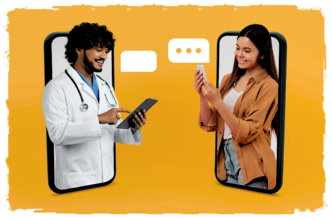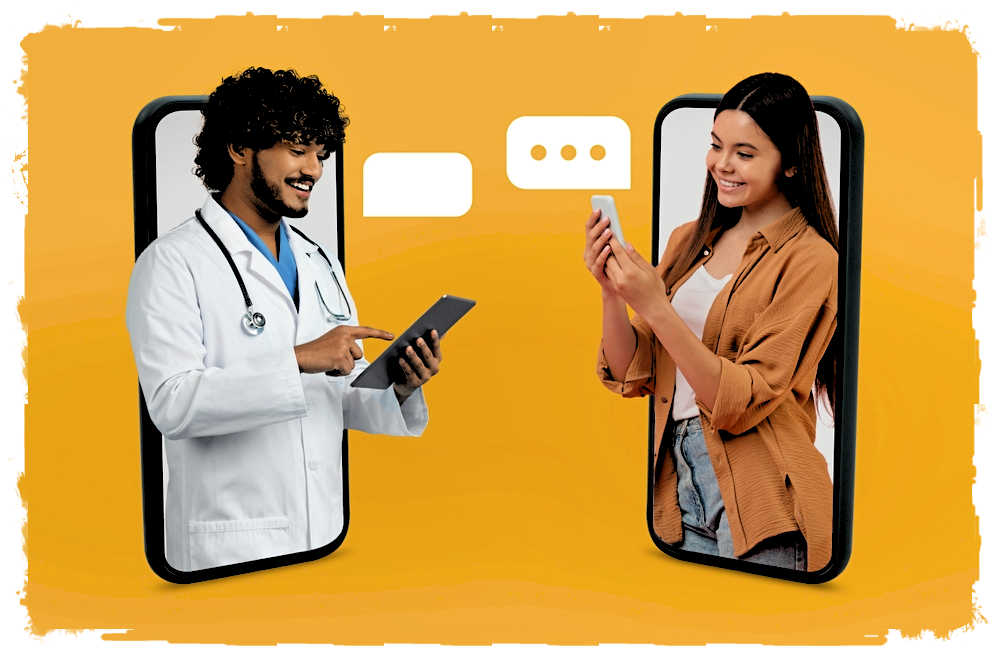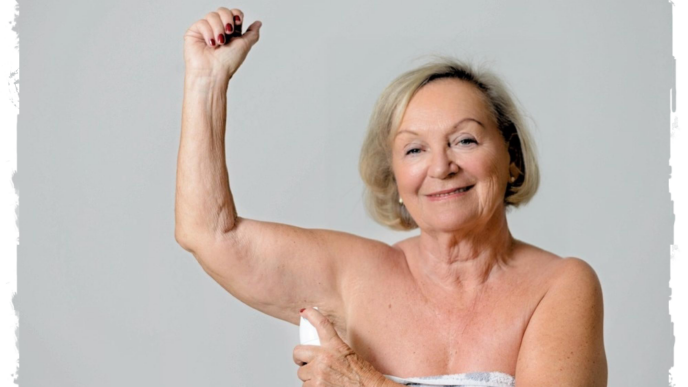WORDS DR CHOW SUET YIN
 FEATURED EXPERT FEATURED EXPERTDR CHOW SUET YIN Family Medicine Specialist IMU Medical Clinic |
Teleconsultation is, basically, a ‘call your doctor’ service. You communicate with your doctor remotely—from your home or any location that you choose—using video and audio.
This practice has really taken off in the new normal after the COVID-19 pandemic.
WHEN IS TELECONSULTATION USEFUL?
Note that medical professionals typically request your physical presence in the clinic for your first visit.
Suitable for:
- Light to moderate medical consultations that don’t require in-depth examination.
- Discussions of laboratory test results.
- Follow-ups on medical treatments.
- Follow-ups on management of chronic diseases such as diabetes and high blood pressure.
Not suitable for:
- Medical emergencies (stroke, heart attack, breathing difficulties, serious injuries, etc)—call 999 instead!
- Acute or sudden symptoms such as pain, bleeding, etc.
- Consultations that require physical examination or medical imaging.
WHAT YOU TYPICALLY NEED
- A reliable Internet connection.
- Camera and microphone on your device are needed for video consultations. If you use your mobile phone, you’re set to go if these two are working fine.
- Download the necessary app or teleconsultation software onto your device. Don’t worry if this seems complicated, as you will receive instructions on how to do the necessary.
- A quiet place to have your teleconsultation session, one that is free from distraction.
THE ADVANTAGES OF TELECONSULTATION
- No risk of catching an infection or passing your infection to other people in the clinic.
- If you are caring for children or elderly family members, you don’t have to make alternative arrangements for your charges while you see the doctor.
- Saves time, as there is no travelling to and from the clinic. There is also no need to pay for petrol, parking, toll, and other travel expenses!
- You’re not limited to seeing only doctors near to you. After all, teleconsultation works regardless of the physical distance between you and the doctor.
| Not every medical facility offers teleconsultation, and not every medical condition is suitable for it either. Also, some doctors may not offer this service. If you are keen on this service, ask your doctor for more information. |
CONCERNS ABOUT TELECONSULTATION
Does It Work?
Because teleconsultation is a relatively new development in medicine, there is currently not much research data available on just how well teleconsultation works compared to face-to-face consultations.
However, a team of investigators from Europe conducted a systemic review on the effectiveness of telephone and video consultations when compared to face-to-face ones.
Their results, published in 2022, suggested that both types of consultations are equally effective in improving clinical outcomes in adults with mental health conditions and those attending primary care services.
Nevertheless, more research is no doubt needed to evaluate the short-term and long-term effectiveness and possible disadvantages of teleconsultation.
Lack of Standardized Guidelines?
There are also some concerns about lack of standardized guidelines and legal frameworks for the practice of teleconsultation.
ULTIMATELY, IT’S YOUR CALL
Some people find teleconsultation very convenient, however, and you may be one of them. You can consult a healthcare provider that offers this service if you wish to explore it further.
You are always free to switch teleconsultancy providers or go back to old-school face-to-face consultations should the need arises in the future!
| This article is part of our series on the medical innovations. |
Reference: Carrillo de Albornoz, S., Sia, K. L., & Harris, A. (2022). The effectiveness of teleconsultations in primary care: systematic review. Family practice, 39(1), 168–182. https://doi.org/10.1093/fampra/cmab077














